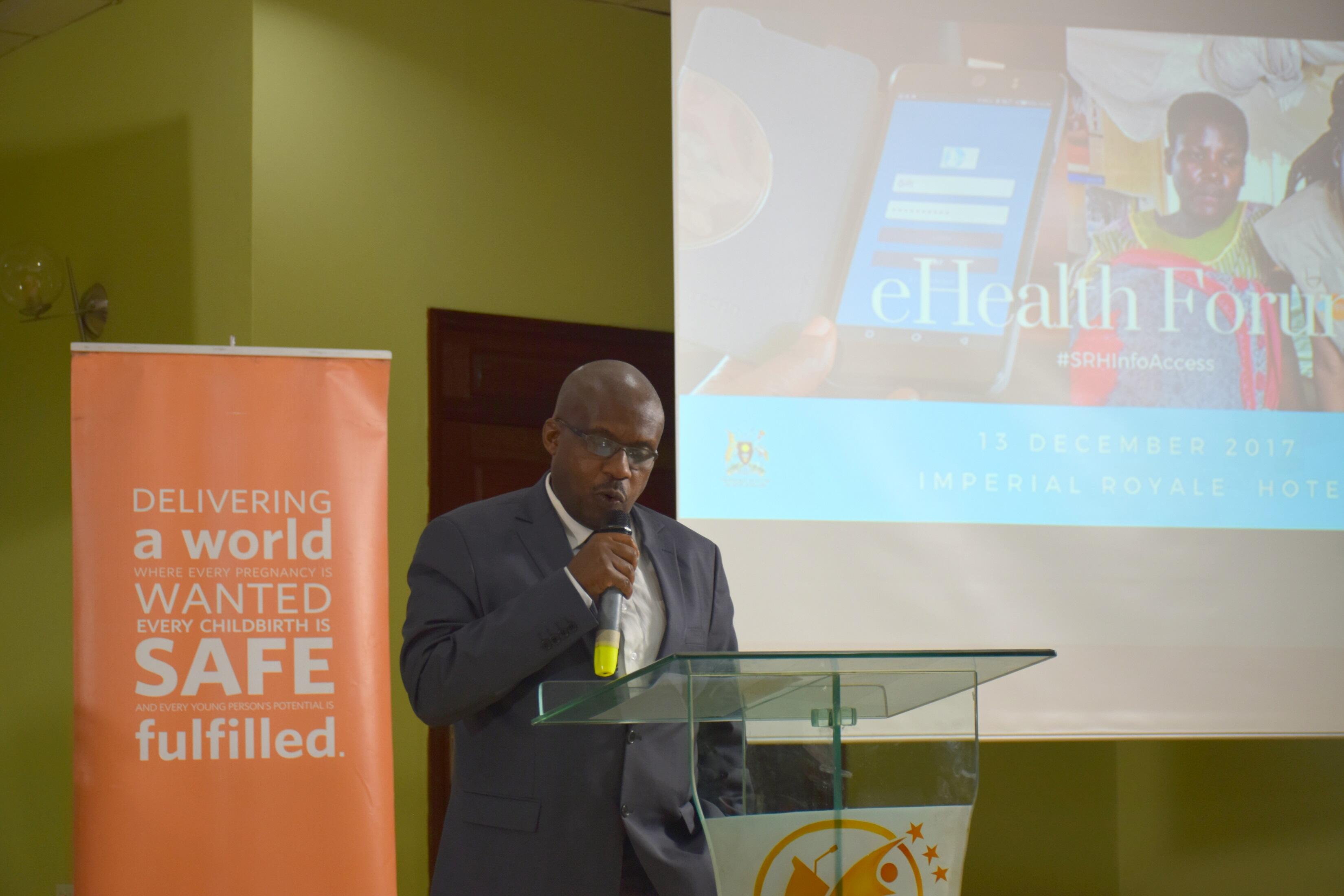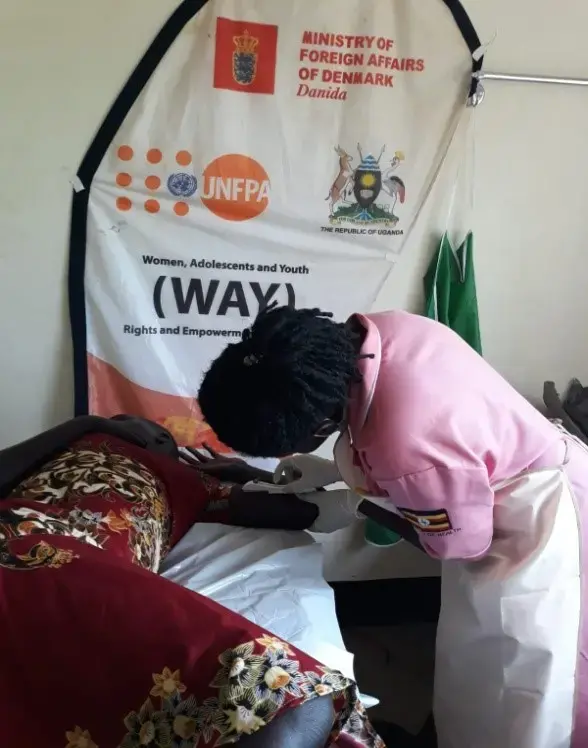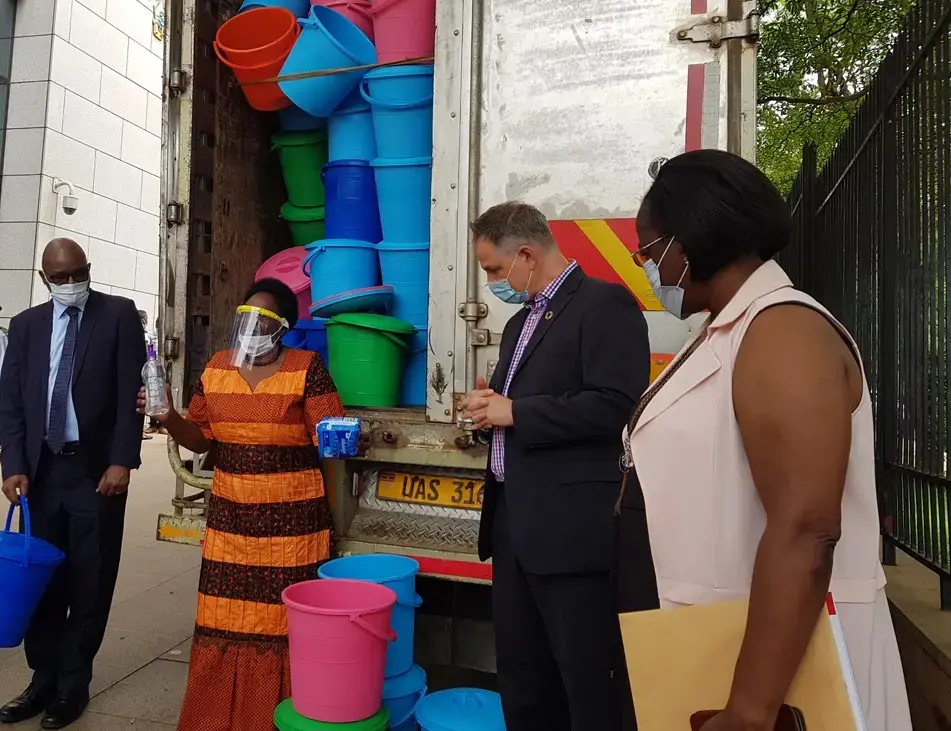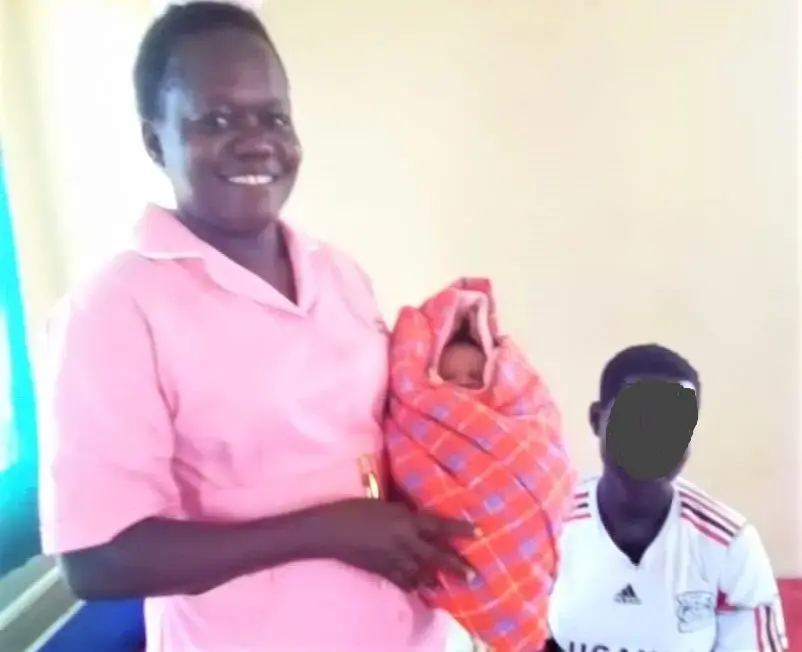Between January and December 2017, UNFPA Uganda, represented by Assistant Representative Dr. Edson Muhwezi served as chair of the Health Development Partners Group (HDPG). The HDPG is a grouping of about 25 bilateral and multilateral partners that provide technical, financial and logistical support to the health sector. For Dr. Muhwezi, serving as the chair of the HDPG was a critical role that provided a platform for UNFPA to raise its profile as a key player in sexual and reproductive health advocacy in the country.
“Our biggest achievement was to put the issue of sexual and reproductive health and rights high on the agenda of development partners and politicians. For example, when we met with members of Parliament, it was an eye opener because we presented all the data on the sexual and reproductive ill-health burden in Uganda including on teenage pregnancy, child marriage and other sexual and reproductive health issues and they really appreciated that. We have seen more interest now even from political players and donors on sexual and reproductive health and rights,” says Dr Muhwezi.

As chair of the HDPG, Dr. Muhwezi was automatically a co-chair of the Health Policy Advisory Committee (HPAC), the highest policy -making organ at the Health Ministry. This enabled the HDPG to directly influence the development and approval of a number of policies to provide a framework for improved delivery of health services.
Among the most significant is the passing of the National Community Health Extension Workers (CHEWs) Policy and Strategy, which are intended to enable provision of key services, including sexual and reproductive health services, by community health workers. For UNFPA, this policy is vital as it enables the provision of critical services such as distribution of family planning commodities at community level. CHEWS also carry out mapping to identify pregnant women in the communities and link them to health facilities.
Challenging experience
Dr. Muhwezi admits that heading the HDPG was no mean feat. “It definitely requires good inter-personal relations. You work with government and with over 20 representatives of development partners, each with different expectations. Further, you’ve got to be very organised and dynamic in order to keep the group cohesive and engaging,” he explains.
Dr. Muhwezi notes that while it was a privilege being named as chair of the HDPG, being able to deliver was not guaranteed, something he was anxious about.
“I asked myself, what if it collapses in our hands? Of course, our reputation as UNFPA and even myself as an individual was at stake. So, it was a privilege but also a huge challenge,” says Dr. Muhwezi.
One of the biggest challenges to the HDPG was the resistance among some political and cultural leaders around issues of access to family planning services especially by adolescents. To counter this, Dr. Muhwezi, notes that intensifying advocacy efforts by the group, in partnership with key stakeholders, by providing evidence around the benefits of supporting access to family planning and other sexual and reproductive health services by all who need them was vital.
And for his efforts, Dr. Muhwezi received an award from the HDPG at the end of the year. “Nobody had ever received this award; it was the first of its kind,” he says.
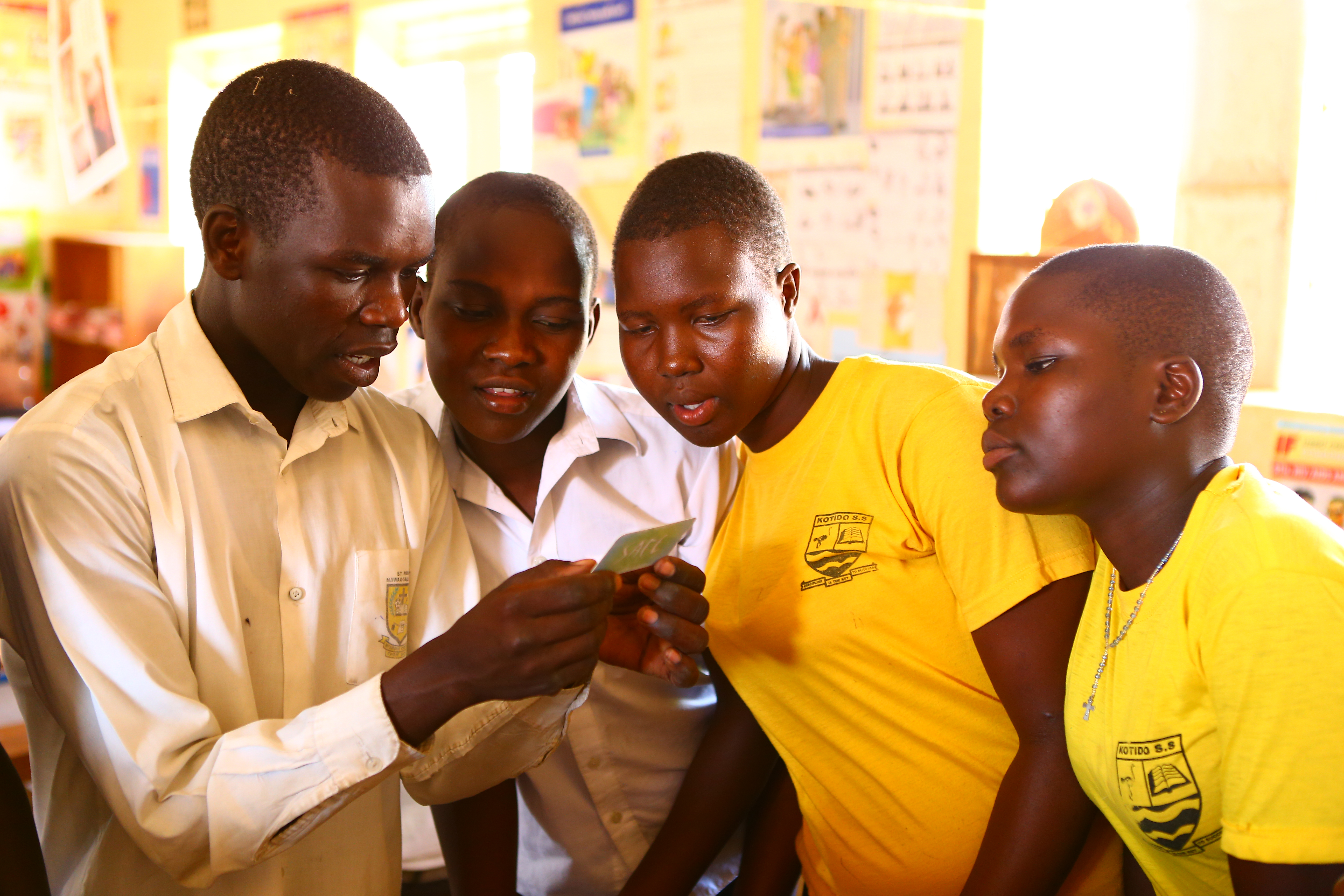
Looking forward: The Inter-Development Partners' SRHR Working Group
In order to build on the achievements of the last year and to ensure even greater concerted effort for the provision of sexual and reproductive health services, the HDPG under the leadership of Dr. Muhwezi fronted the establishment of the Inter-Development Partners' SRHR working group.
Besides the HDPG, this group will be comprised of other development partners including Gender, Education, AIDS and Human Rights Development Partners’ Groups. This idea was presented and endorsed by the Local Development Partners Group (Comprised of ambassadors and heads of missions and the UN).
With UNFPA as the chair, Dr Muhwezi believes this group will provide an even stronger voice for advocacy; and tracking and holding duty-bearers accountable on sexual and reproductive health and rights in Uganda.
By Martha Songa

